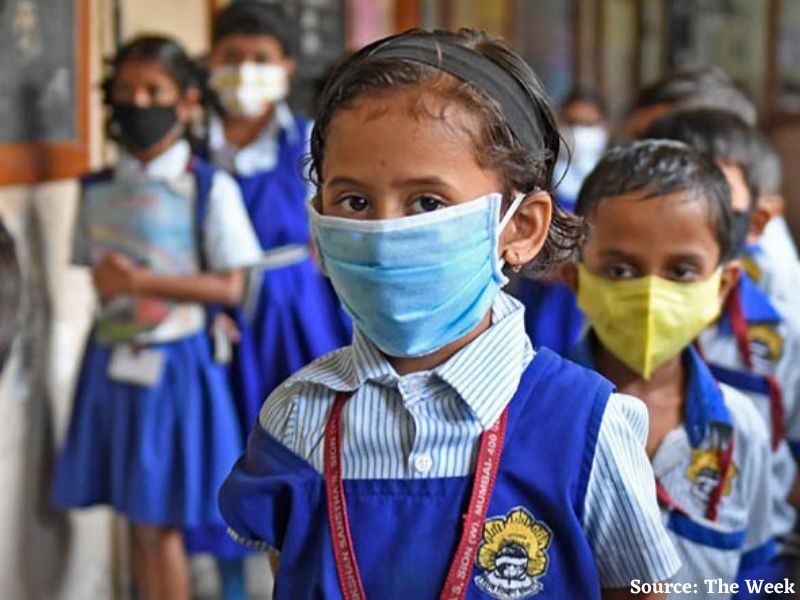Covid-19 pandemic is much more a health crisis and quickly becoming an economic and social crisis. The recent episode of Fair Talks, a panel discussion focused on issues affecting school community organised by FairGaze, analysed the impact of Covid-19 pandemic and the resulting financial distress in private schools. The panellists included Anirudh Khaitan, Vice Chairman of Khaitan Public School, Dr. Rakesh Khullar, Chairman of DLF Public School, Manoj Mittal, Founder and CEO of Alumni Management Company, DAV United and Pooja Bose, Principal of The High Range School as the Moderator of the panel discussion.
Bose stated that the education of 321 million students were affected by the lockdown, further impacting a significant percentage of students who were already low on the learning ladder and those without access to online learning. Private unaided schools, who do not get government funding, rely solely on fees from students. The resistance to fee payment due to Covid-19 pandemic has pushed the financially stressed education institutions to either let go of teachers or pay reduced salaries.
As per a research conducted by FairGaze on the school community consisting of students, parents and teachers, an overwhelming 74 percent agreed that the schools are justified in demanding fees from children to pay salaries to staff and expenses. More than 81 percent of those polled agreed that the schools are doing their best to manage children’s education in lockdown and 66 percent agreed that online classes should continue after the lockdown ends.
Dr Khullar said that the schools are severely affected by this pandemic since most schools are society or trust with a non-profit orientation and Income Tax stipulates that reserve of only 15 percent of the total income can be maintained, which can be used only for the welfare of the students or development works. Salaries of teachers and staff constitute 70-75 percent of a typical school and about 15 percent are fixed costs, so effectively, about 90% of costs are of fixed nature for schools whether they receive any fees from students or not.
Answering to Bose’s question on why the parents are resisting payment of fees, even though the schools have ensured continuity in education through online classes, Mittal said that the issue revolves around the opposing expectations of parents and the schools on the payment of fees and the expectation of the teachers for payment of full salaries. But according to his research, the main reason behind this confusion is a circular from the Government on April 17, 2020 stipulating that parents are required to pay only the tuition fees, the schools have to pay teachers full salaries and no child can be denied education due to non-payment of fees. This adversely impacted schools’ goodwill and the pious relationship between parents and schools.
He stated that cost of educating a child in government school is around Rs 75,000 per year, which ultimately the tax payer bears, while the tax payer is told not to pay fees to schools for their child’s education. Expressing his concern on the education of children if the unaided private institutions close down due to lack of funds, he suggested that the Government should play the role of a facilitator and encourage parents and schools to arrive at a consensual understanding to tide over this impending disaster.
Khaitan expressed his gratitude to the teacher community who rose to the challenge of online education but are victims of the circumstances due to the inability of the schools to pay salaries to them. He emphasised the urgent need for the schools and parents to discuss and find solution together considering that parents and schools typically have a relationship spanning 12 long years of the child’s education. He highlighted the grave situation facing school education with about 30-40 percent of the private schools looking to close down, which will be a great calamity for the country.
Summarising the suggestions by the panelists, Bose said that the current imbroglio “is an internal issue between school, teachers and parents and the solutions has to come from these three stakeholders through consensus.”
FairGaze is the largest school engagement ecosystem for holistic development, which works with various stakeholders and policy makers, including organisers of premium events associated with education industry. FairGaze engages with over 350,000 students from over 13,000 schools across India. FairGaze works with schools to help manage their newsletter, conduct holistic development programs, promote the sports and cultural functions of the schools and recognise the achievements of the students.
Posted in National, News

























